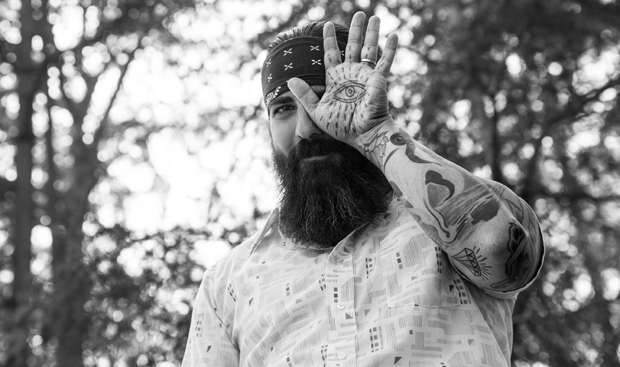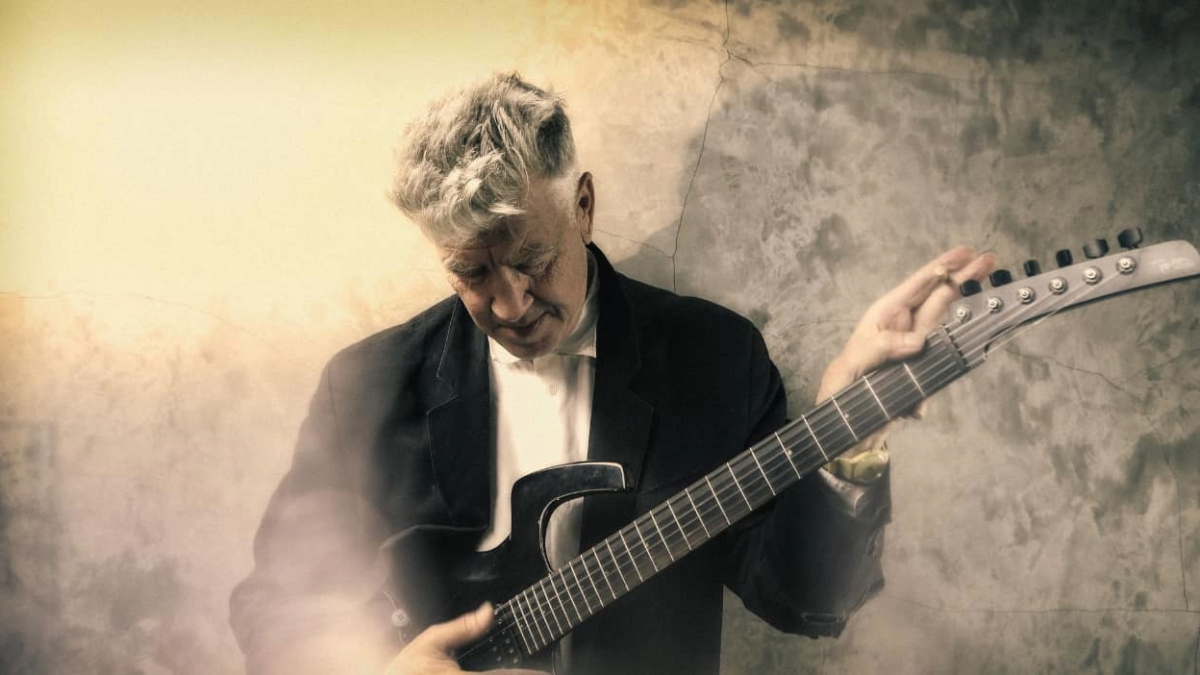Jon DeRosa on Reinvention

I lost the hearing in my right ear suddenly and painlessly.
As I sat on the couch at my mother's house, I got the sensation that water had dripped in my ear, but I could not shake it out. Vertigo followed. Then in the following days, sporadic stabbing violent pain, accompanied by aural hallucinations and electric shock sensations.
I sensed it was something terrible, irreversible, but I wanted to believe the countless doctors who assured me that it was just a blockage that would rectify itself.
After 6 months of struggling through life with these constant disorienting sensations (the pain subsided after a day or two), a doctor at Penn State broke the news that this was a permanent loss, most likely caused by a painless, but violent, ear infection whose symptoms were undetectable until the actual nerves were obliterated and the damage done.
Certainly a cruel joke to a college freshman who had just switched majors from Archaeology to Music Technology the same week it happened. Knowing my disability would betray any hope of working in my chosen field, yet not fully ready to accept my fate, I was completely lost.
So we talk about reinvention in a musical sense, but when you go through a trauma that changes you physically, that changes your perception of and relation to the world around you, the reinvention that needs to happen is much more intrinsic, much more all encompassing.
I coped by making an audio journal of sorts, experimenting with sounds, guitar delays, tape loops, that conveyed the new way I was hearing sound: aquatic, alien, hallucinatory, out-of-phase. These 4-track tape experiments would become No Solace In Sleep, the first album I released as Aarktica. A collection of deep ambient guitar drones that helped me to "communicate" and make some sense of how my hearing had been affected.
All the latest guitar news, interviews, lessons, reviews, deals and more, direct to your inbox!
Shortly after this, I began volunteering at La Monte Young's sound and light installation the Dream House, and shortly after that was approached by La Monte himself who had heard about my predicament. "I heard what happened, and I think we can help you."
By studying Indian classical music with La Monte and his wife Marian (and later, their disciple Michael Harrison), I learned a new way of hearing. Playing the tamboura across the right side of my head enabled me to hear by vibration, and singing microtonally allowed me to begin to feel the nuances of tone and scale that may normally be overlooked.
I wish I could say that things ever were "normal" again, but that's not the case. I simply learned to compensate and had to learn to trust my instincts as opposed to my ear drums.
That said, I have certainly sprawled genre-wise when it comes to my own output over the years. Aarktica remained a constant for the better part of a decade, and yet as I became more comfortable in the "real world" of hearing, those albums began to take on more diverse elements: violins, cellos, trumpets, saxophones, organs. There were forays into country music with Pale Horse and Rider, and countless collaborations and side projects that ran the gamut stylistically.
In terms of how I arrived at my present sound, I think it's just been a combination of maturity and learning to embrace what is most natural. And also finding confidence in my singing voice.
I'd always been searching for ways to combine the dark and atmospheric with a more nostalgic and romantic sound, and I feel I've arrived at that. Meshing my love for old goth and darkwave, with my affinity for 1950's and 60's pop and rock, and the orchestral romance of the big band era, and so many other elements. I always want to write hopeful songs, I will never write about darkness without some chance at redemption. Because in music, and in life, that is what saved me from falling down a much darker path.
Black Halo is out now on all major digital services
Buy the CD on Bandcamp: https://jonderosa.bandcamp.com/
Amazon: http://smarturl.it/BlackHaloAmazon
iTunes: http://smarturl.it/BlackHaloiTunes
Listen here:
Find out more at http://jonderosa.com/
